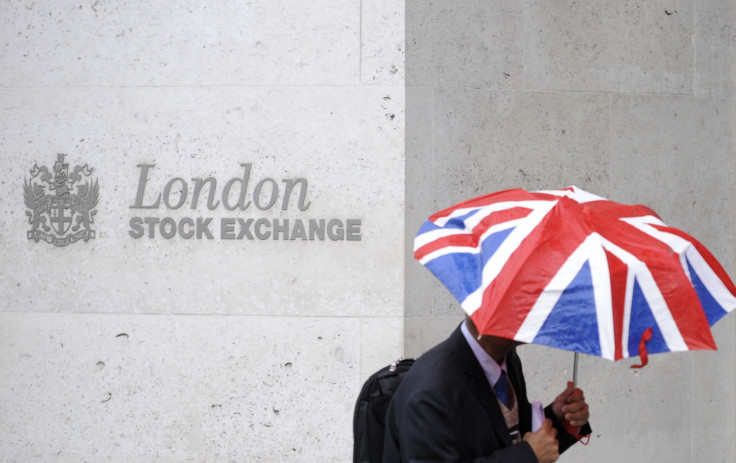FTSE 100 stocks have cut over £3.6bn of dividend payments so far this year

The UK economy might not be sailing through the calmest of waters at the moment, but dividends at FTSE 100 companies have well and truly hit the rocks since the turn of the year. Blue-chip stocks have slashed their returns to shareholders.
On 18 February, British Gas owner Centrica became the latest casualty of the axe that has fallen on dividends since January, announcing it will cut its payout to shareholders after proposing a final dividend of 8.43p, which will result in a full-year dividend of 12p, an 11% year-on-year reduction.
The energy provider attributed the decision to the ongoing slump in commodity prices, which were responsible for a 5% year-on-year decline in revenue and a 12% drop in adjusted operating profits.
"Centrica has stated that even if current commodity prices persist it should still be able to grow its operating cash flows, while capex in the upstream business can be reduced further if necessary," said Steve Clayton, analyst at Hargreaves Lansdown. "This should help underpin confidence in the dividend.'
Weak commodity prices are a common woe for FTSE 100 stocks as they have accounted for a number of major players in the oil, gas and mining industries over the last couple of months, with Anglo American, Rio Tinto, Glencore and Antofagasta among the groups that have slashed their dividends.
On 16 February, Anglo American reduced its dividend from 85 cents per share to 32 cents per share after revealing its full-year loss for 2015 more than doubled, as weak commodity prices forced it to to write down almost $4bn (£2.7bn, €3.5bn) worth of assets in the last six months of the year.
Five days earlier, Rio Tinto announced it would scrap its progressive dividend policy and pay a full-year dividend of no less than $1.10 per share in 2016, compared with the $2.15 per share dividend it paid in 2015.
"The decision to scrap the dividend policy is a sensible pre-emptive move against any further decline in commodity prices and in our opinion removes an outdated policy," said Citi's analyst Clarke Wilkins.
Glencore, BHP – which is expected to slash its dividend later this month – and Standard Chartered – which cut its return to shareholders in November – are the only blue-chip stocks with a double-digit dividend yield, much higher than the average yield on the FTSE 100, which stands at just below 4%.
However, Royal Dutch Shell, BP, Aberdeen Asset Management, HSBC and Pearson all still promise a yield of over 6.4%, with analysts worried more cuts will be added to the £3.4bn worth of dividend cancellation that have been announced so far in 2016.
"When headline yields are this high, amber lights should start flashing, not least because dividend cover — the relationship of dividends to the profits from which they are paid — has fallen to its lowest level in six years," Maike Currie, investment director at Fidelity International, wrote in her column in the Financial Times during January.
While there was better news for some banks and financial institutions, with Barclays and Lloyds all set to increase their dividend in 2016, according to business firm Markit, while Standard Life lifted its total dividend for the year by 7.8%, not every lender was on firm ground.
Earlier in 2016, RBS revealed that it would be setting aside an extra £2.5bn in terms of provisions before it announces its full year numbers later in February, with an extra £1.5bn to be set aside to cover fines from the US Department of Justice in respect of accusations that it sold toxic mortgage bonds.
"This continued festering sore is likely to make any prospect of a return to paying dividends that much more difficult in the short term," said Michael Hewson, senior analyst at CMC Markets.
| Glencore | 6 September 2015 |
| Standard Chartered | 3 November 2015 |
| WM Morrison | 9 November 2015 |
| Sainsbury | 4 January 2016 |
| Rolls Royce | 7 February 2016 |
| Rio Tinto | 11 February 2016 |
| Anglo American | 16 February 2016 |
| Centrica | 18 February 2016 |
© Copyright IBTimes 2025. All rights reserved.






















